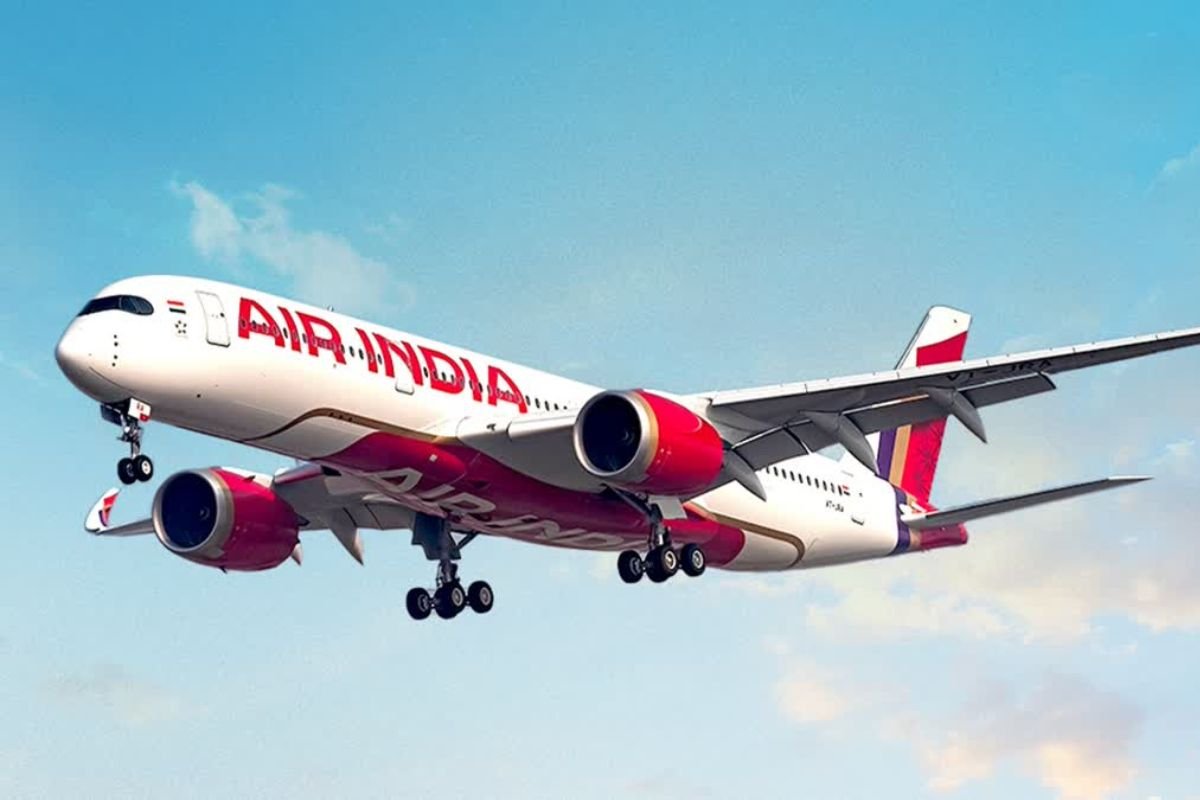India’s aviation regulator, the Directorate General of Civil Aviation (DGCA), has issued a strong DGCA warning to Air India over misuse of a special pilot duty exemption. The waiver, introduced in April after Pakistan closed its airspace, was designed to help airlines operate longer routes by allowing flight crews extended duty hours.
However, the regulator found that Air India applied this exemption to two Bengaluru–London flights in mid-May that did not pass through Pakistani airspace. On these flights, the airline allegedly reduced the cockpit crew from three pilots to two, despite exceeding the maximum 10-hour duty limit under existing rules. The DGCA deemed this an unacceptable deviation, describing it as an act of “oversmartness.”
The issue prompted a show-cause notice in June, and after finding the airline’s explanation unsatisfactory,leading to a formal DGCA warning to Air India addressed CEO and accountable manager. The regulator reminded the airline’s top leadership of their responsibility to uphold safety compliance and to prevent any recurrence of such violations. Air India has since attributed the breach to a misinterpretation of the exemption’s scope and claims the matter has been rectified.
Pattern of Compliance Lapses
The DGCA warning to Air India is part of a broader regulatory scrutiny of Air India’s operations, as the DGCA has flagged multiple safety and compliance concerns in recent months. In July, the airline received at least four show-cause notices for violations ranging from inadequate pilot rest to insufficient simulator training and failure to meet cabin crew requirements on ultra-long-haul flights.
Self-reported data from the airline revealed nearly 30 such violations in the past two years, pointing to gaps in crew scheduling, fatigue management, and operational oversight. The regulator has cautioned that repeated lapses could invite enforcement action, including monetary penalties or removal of responsible executives.
These concerns are particularly significant given the heightened focus on safety following the deadly crash of Air India Flight 171 in June. Investigations into that tragedy have already prompted tighter monitoring of flight operations and stricter adherence to crew duty and training norms.
Safety Culture Under Spotlight
The Flight 171 disaster, which claimed over 260 lives, has intensified pressure on Air India to overhaul its safety culture. Preliminary findings suggest possible cockpit errors or system malfunctions, but final reports are still pending. In the meantime, the DGCA has ordered additional technical inspections of the airline’s Boeing 787 fleet and mandated enhanced maintenance checks.
Industry observers note that since Tata Group took over Air India in 2022, the carrier has made strides in fleet modernization and service improvements. Yet, these compliance breaches risk undermining the airline’s efforts to restore its reputation on the global stage. Aviation experts stress that sustainable recovery will require not just new aircraft and better service, but also robust internal systems to ensure operational discipline.
The DGCA warning to Air India serves as a clear signal that regulators are willing to act decisively to protect passenger safety and uphold global standards—leaving little room for error in Air India’s operational practices.
Visit more of our news! Business Viewpoint Magazine






